Why You Feel Bloated After Every Meal
Post-meal bloating is a common yet often misunderstood phenomenon that can turn an enjoyable dining experience into an uncomfortable ordeal. While many attribute this discomfort to overeating, the reality is that a multitude of lesser-known factors could be the true culprits behind this unwelcome sensation. In this article, we will uncover 11 hidden reasons that may be causing your post-meal bloating and provide actionable strategies to alleviate this discomfort. By understanding these factors, you can take control of your digestive health and enjoy your meals without the fear of bloating. Let’s delve into these surprising causes and learn how to tame them effectively.
1. Carbonated Beverages: The Fizzy Trap

Carbonated drinks are often enjoyed for their refreshing fizziness, but they can be a sneaky cause of bloating. The bubbles in these beverages are made of carbon dioxide gas, which can accumulate in the digestive system, leading to a distended abdomen and discomfort. Consuming these drinks quickly or through a straw can exacerbate the problem by introducing more air into the stomach. To mitigate bloating from carbonated drinks, consider opting for still water or herbal teas, especially during meals. Additionally, if you enjoy the occasional fizzy drink, sip slowly to minimize the air intake and reduce the likelihood of bloating.
2. High-Fiber Foods: The Double-Edged Sword
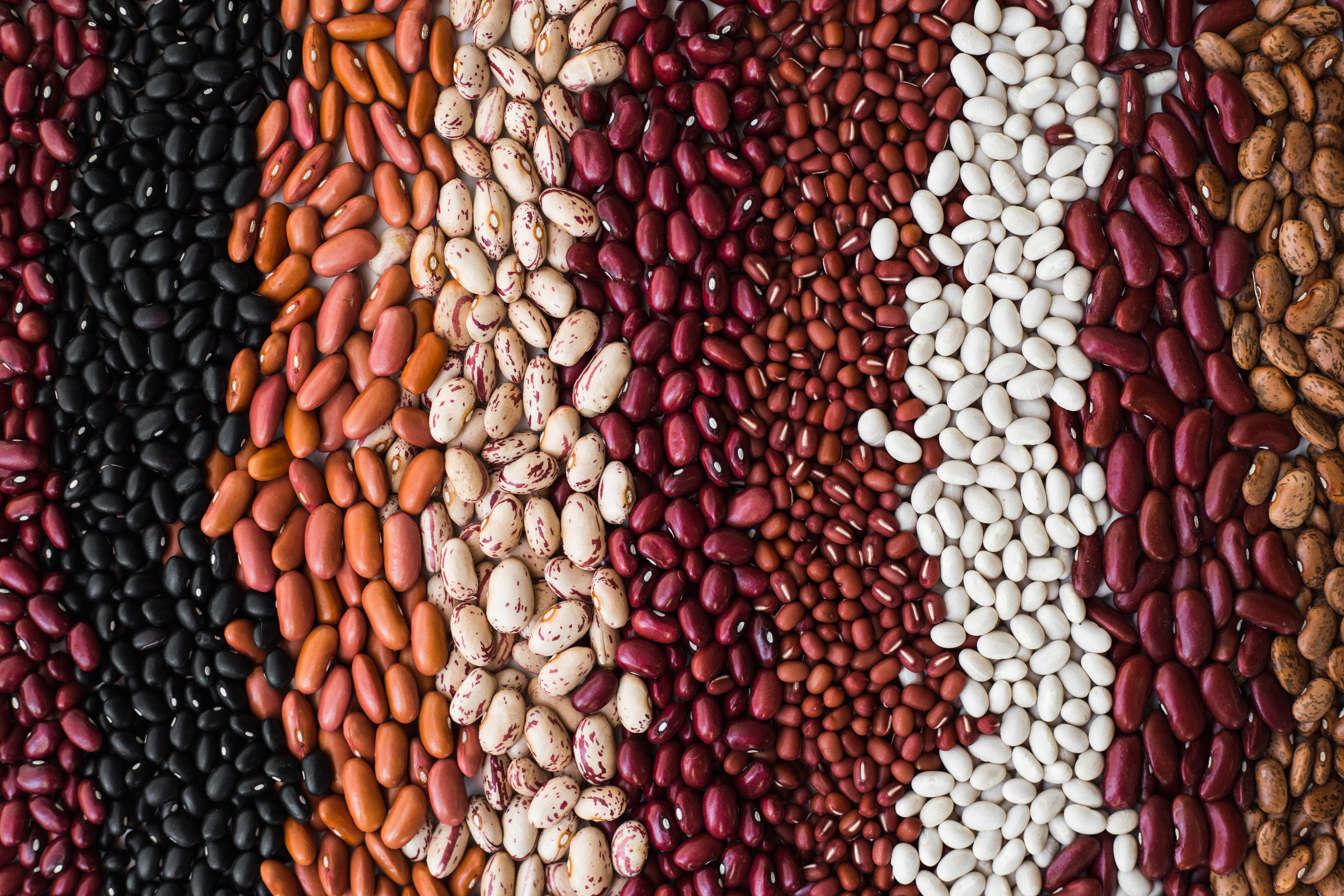
Fiber is essential for a healthy digestive system, but consuming too much fiber, especially insoluble fiber, can lead to bloating. Foods like beans, lentils, and certain vegetables are high in fiber and can cause gas production as they break down in the gut. While fiber is crucial for regularity and overall health, a sudden increase in fiber intake can overwhelm your digestive system. To prevent bloating, gradually increase your fiber consumption, allowing your body to adjust. Pair high-fiber foods with plenty of water to help the fiber move smoothly through your digestive tract, reducing the risk of bloating.
3. Dairy Products: The Lactose Intolerance Factor
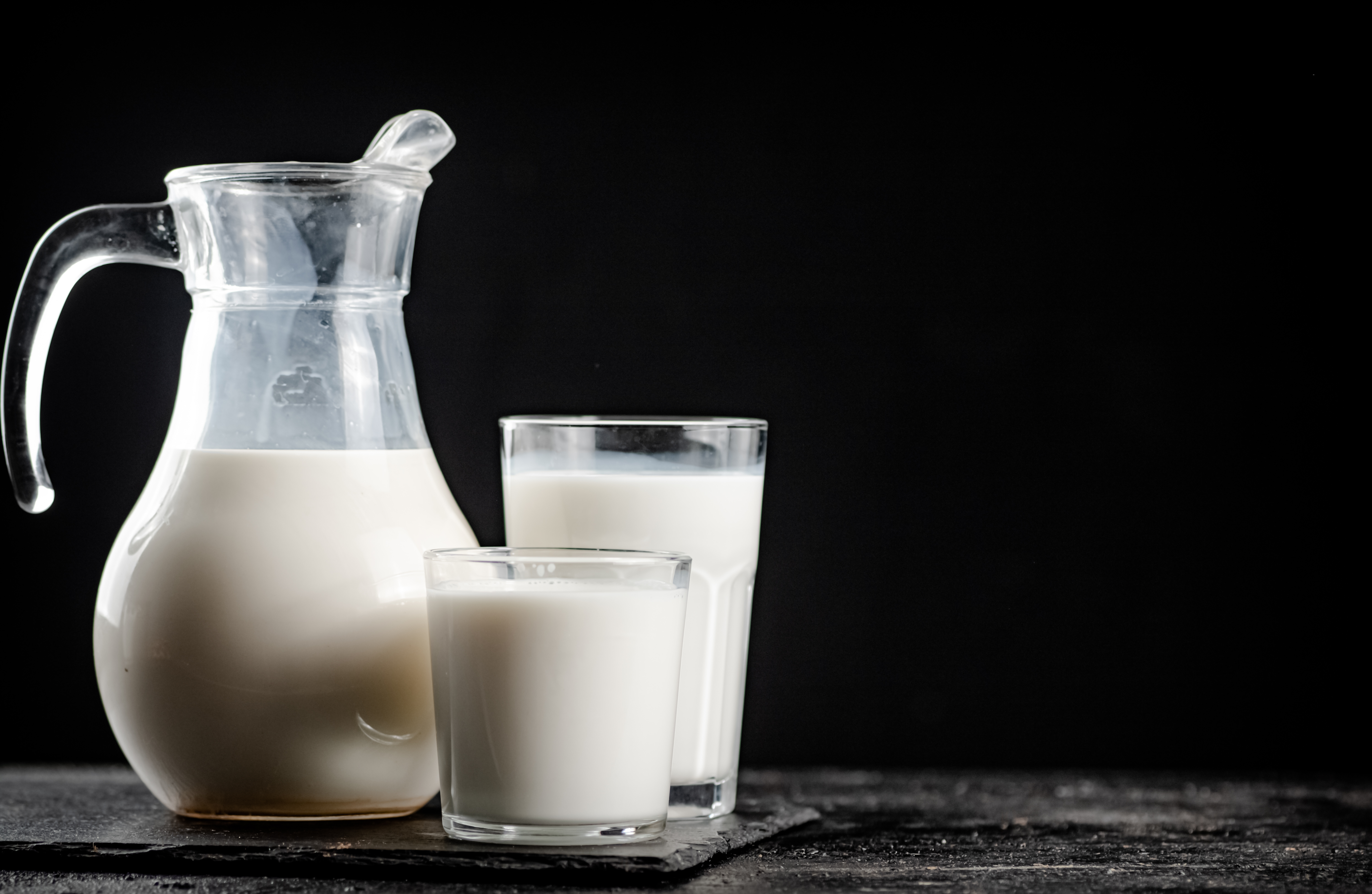
Lactose intolerance is a common condition where the body lacks the enzyme lactase, necessary for breaking down lactose, the sugar found in milk and dairy products. This undigested lactose can ferment in the gut, leading to bloating, gas, and discomfort. If you suspect lactose intolerance, try eliminating dairy for a period to see if symptoms improve. Alternatively, lactose-free products or lactase supplements can help you enjoy dairy without the bloating. Incorporating calcium-rich, non-dairy alternatives like almond milk or fortified soy products can also ensure you meet your nutritional needs without the bloating.
4. Artificial Sweeteners: The Unseen Additive

Artificial sweeteners, such as sorbitol and xylitol, are often used as sugar substitutes in sugar-free and diet products. While they can help reduce calorie intake, these sweeteners can be poorly absorbed in the small intestine, leading to fermentation by gut bacteria and subsequent bloating. To avoid this, check labels for these sugar alcohols and limit their consumption, especially if you notice bloating after consuming sugar-free products. Opt for natural sweeteners like honey or maple syrup in moderation, and focus on whole, unprocessed foods to minimize the risk of bloating from artificial additives.
5. Cruciferous Vegetables: The Gas-Producing Greens
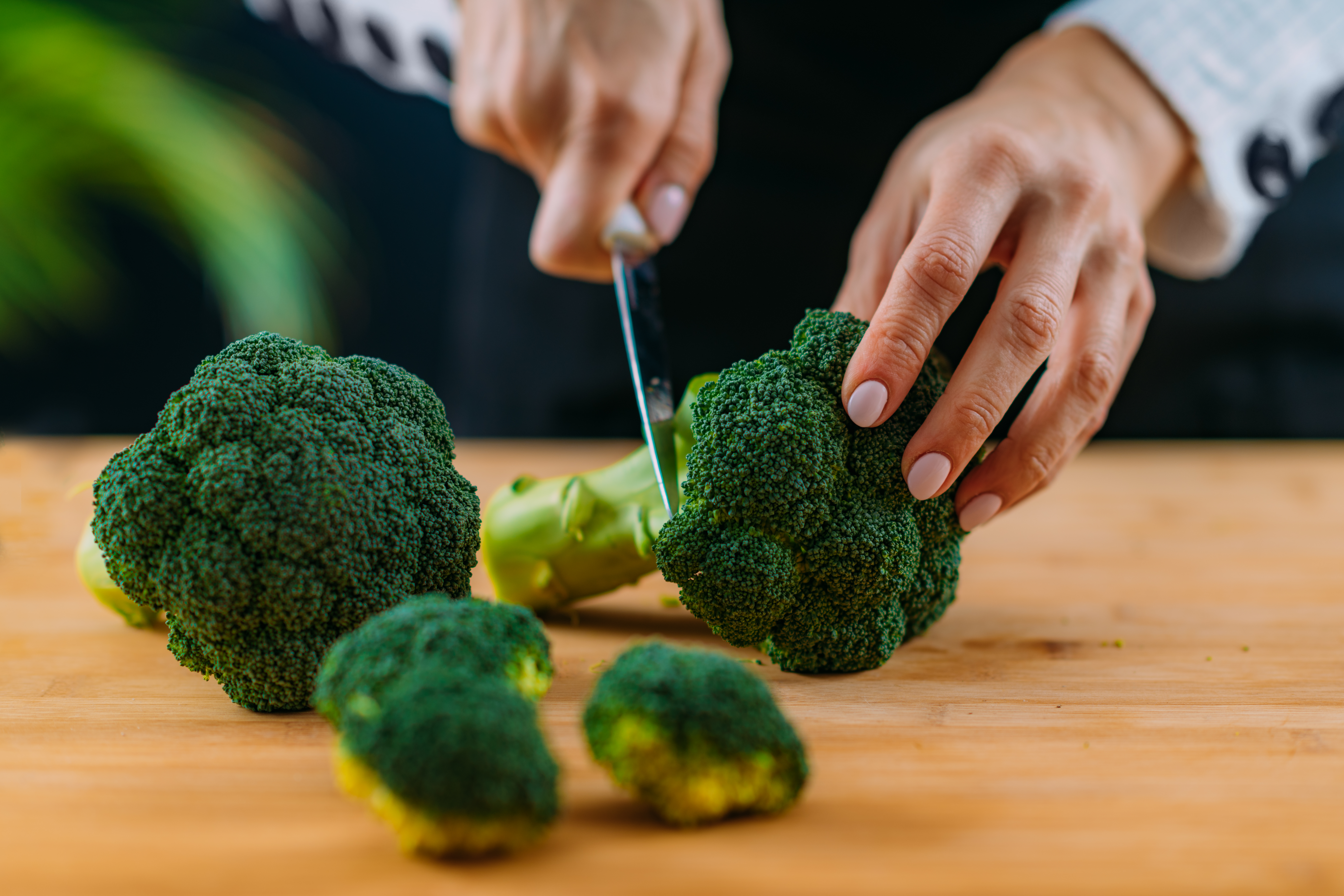
Cruciferous vegetables, including broccoli, cauliflower, and Brussels sprouts, are packed with nutrients but can also cause bloating due to their high sulfur content and raffinose, a complex sugar. These compounds can produce gas during digestion, leading to bloating. To enjoy these vegetables without discomfort, try cooking them thoroughly, as heat can help break down some of the gas-producing elements. Additionally, gradually introducing these vegetables into your diet can help your digestive system adjust. Pairing them with digestive-friendly herbs like ginger or cumin can further aid in reducing bloating.
6. Swallowed Air: The Unnoticed Inhalation

Swallowing air is a lesser-known cause of bloating, often resulting from habits like eating too quickly, talking while eating, or chewing gum. This air can accumulate in the stomach, leading to discomfort and bloating. To minimize swallowed air, practice mindful eating by taking smaller bites, chewing thoroughly, and avoiding talking with your mouth full. Additionally, try to reduce gum chewing and opt for alternatives like mints if fresh breath is your goal. By being mindful of these habits, you can significantly reduce the amount of air entering your digestive system and alleviate bloating.
7. Gluten Sensitivity: The Hidden Trigger
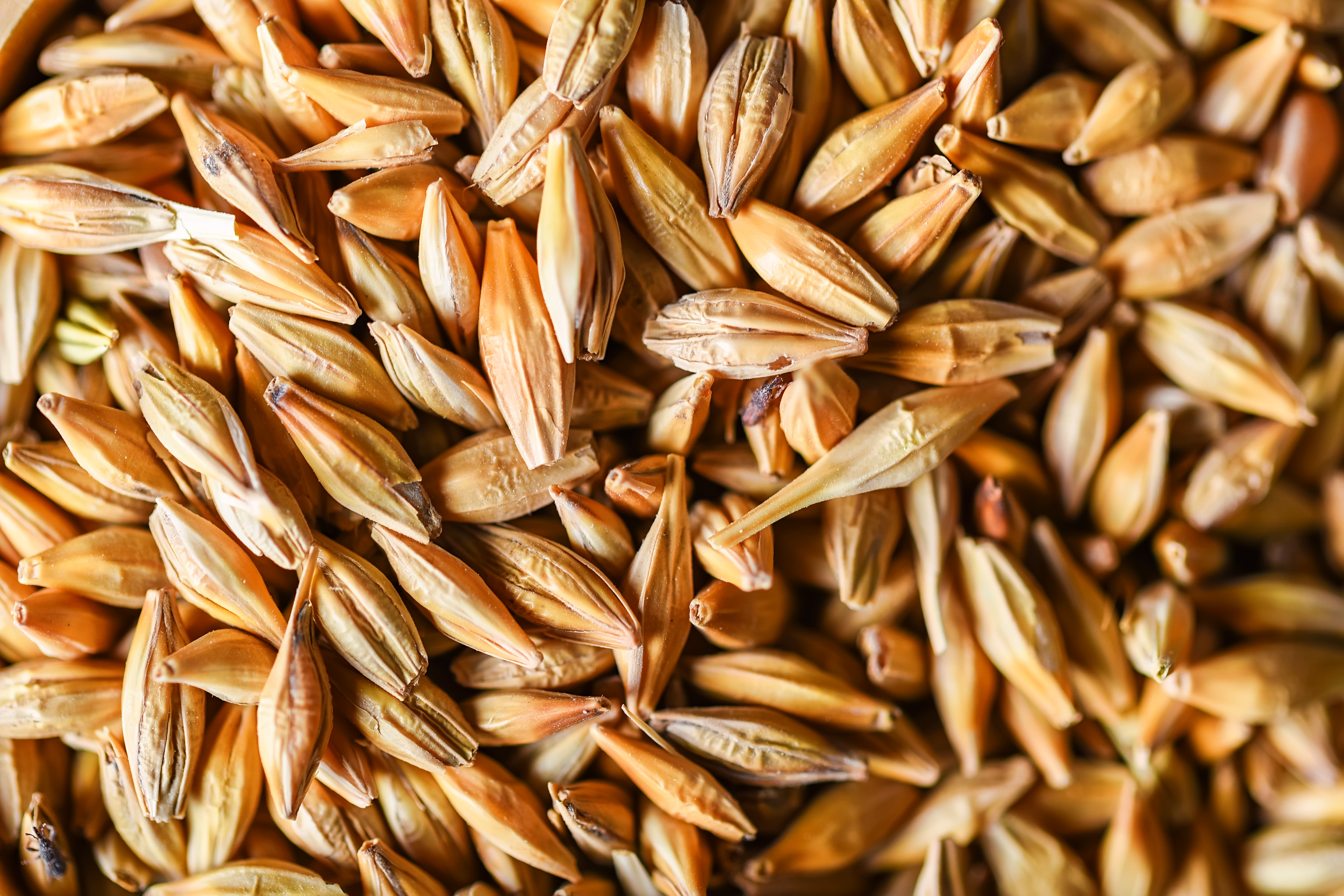
Gluten sensitivity or celiac disease can cause significant digestive distress, including bloating, when gluten is consumed. Gluten is a protein found in wheat, barley, and rye, and for those sensitive to it, even small amounts can trigger bloating and other symptoms. If you suspect gluten sensitivity, consider trying a gluten-free diet for a few weeks to see if symptoms improve. Consult with a healthcare professional for proper testing and diagnosis. In the meantime, explore naturally gluten-free grains like quinoa, rice, and buckwheat to maintain a balanced diet without the bloating.
8. Salt Intake: The Water Retention Culprit
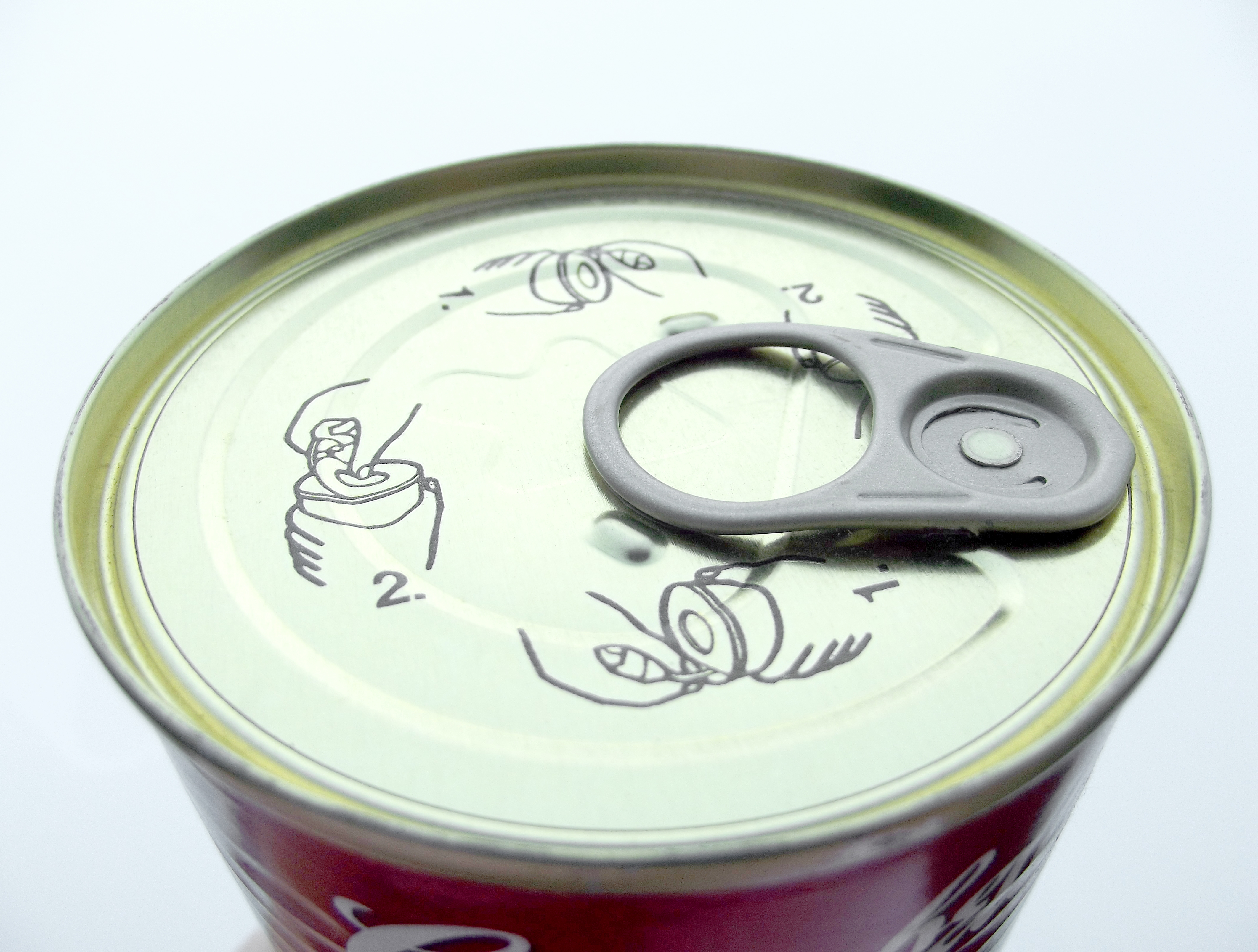
High salt intake can lead to water retention, which can cause bloating and a feeling of fullness. Processed foods, canned soups, and snacks are often high in sodium, contributing to this issue. To combat salt-induced bloating, aim to reduce your overall sodium intake by choosing fresh, whole foods and using herbs and spices to flavor your meals instead of salt. Reading labels and opting for low-sodium versions of your favorite foods can also help manage your salt consumption. Staying hydrated is essential, as it helps flush excess sodium from your system, reducing bloating.
9. Hormonal Fluctuations: The Cyclic Influence

For many women, hormonal fluctuations during the menstrual cycle can lead to bloating due to changes in fluid retention and gastrointestinal tract motility. This type of bloating is often cyclical and can be managed with lifestyle adjustments. Regular exercise, a balanced diet, and staying hydrated can help alleviate bloating associated with hormonal changes. Some women find relief with natural diuretics like dandelion tea or potassium-rich foods like bananas. Understanding your cycle and anticipating these changes can empower you to take proactive steps to reduce bloating during these times.
10. Stress and Anxiety: The Mind-Gut Connection

The connection between the mind and gut is powerful, with stress and anxiety known to impact digestive health significantly. Stress can alter gut motility and increase the production of stomach acid, leading to bloating and discomfort. To manage stress-related bloating, incorporate stress-reduction techniques into your daily routine, such as meditation, yoga, or deep breathing exercises. Ensuring adequate sleep and taking time for self-care can also improve your overall well-being and reduce stress-induced bloating. By addressing the root causes of stress, you can promote a healthier digestive system and reduce bloating.
11. Overeating: The Classic Culprit

While it may seem obvious, overeating is a common cause of bloating that shouldn't be overlooked. Consuming large portions can stretch the stomach, leading to discomfort and bloating. To prevent overeating, practice portion control by serving smaller amounts and eating slowly to allow your body to signal fullness. Listening to your body's hunger cues and stopping when satisfied, rather than stuffed, can help maintain a comfortable digestive state. Incorporating mindful eating practices can enhance your enjoyment of meals and reduce the likelihood of bloating from overeating.
Taming the Bloat

Understanding the hidden culprits behind post-meal bloating is the first step toward achieving digestive comfort and overall well-being. By identifying and addressing these factors, you can tailor your eating habits and lifestyle to minimize bloating and enjoy meals without discomfort. Whether it's adjusting your diet, managing stress, or being mindful of your eating habits, small changes can make a significant difference. Embrace these strategies to tame the bloat, and transform your relationship with food into one of enjoyment and nourishment.